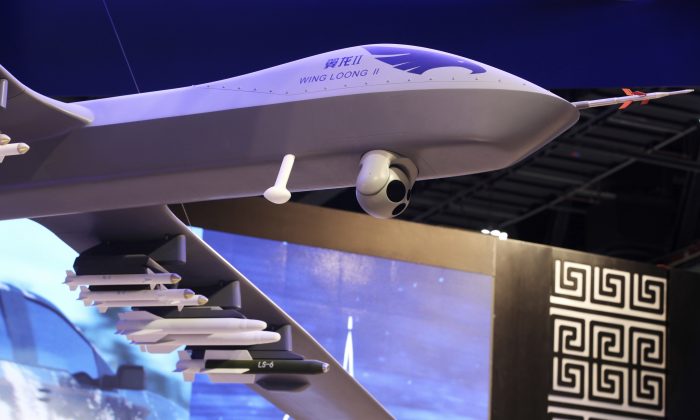The Chinese Communist Party (CCP) has recently announced export controls on aviation, aerospace parts, and military-related materials and technologies starting July 1. Experts believe that while these restrictions may affect the U.S. aerospace industry chain to some extent, the move holds more political significance for the CCP than any tangible impact on the West.
The CCP’s export restrictions, including items related to aviation, aerospace, and military technologies, were jointly issued by the Ministry of Commerce, General Administration of Customs, and the Central Military Commission on May 30. The listed items under export control range from equipment and software for aviation and aerospace structural parts to gas turbine engines and ultra high molecular weight polyethylene fibers.
According to Chinese-American economist David Wong, the issuance of these export controls in the name of the Central Military Commission indicates a tightening of loopholes that allow banned products to be exported. This move may also serve to reduce China’s overall export volume and potentially stockpile products for future use in domestic or international scenarios.
While the export restrictions may impact countries like the United States, India, Vietnam, Brazil, and Israel, the CCP’s focus seems to be more on showcasing its political and diplomatic stance against the West. By imposing these controls, the CCP is signaling its readiness to engage in strategic competition and counter the high-tech containment measures imposed by the United States.
Overall, the experts suggest that the CCP’s export restrictions are more of a symbolic gesture with political significance rather than a significant practical impact on Western countries.
It is also part of the CCP’s psychological warfare with Europe and the United States.
Mr. Wang believes that although the CCP has outlined strict restrictions, there will likely be significant flexibility in its actual implementation. “It all depends on how Europe and the United States bargain with the CCP,” he said.
However, he added, the scope of the CCP’s current export control is very limited.
“The United States is much more advanced in space technology than the CCP. The CCP is about a few decades behind the United States in general.”
“When it comes to some advanced technology and parts of mechanical products related to aerospace, the United States mainly relies on itself,” he said.
Zhang Hong and Luo Ya contributed to this report.






